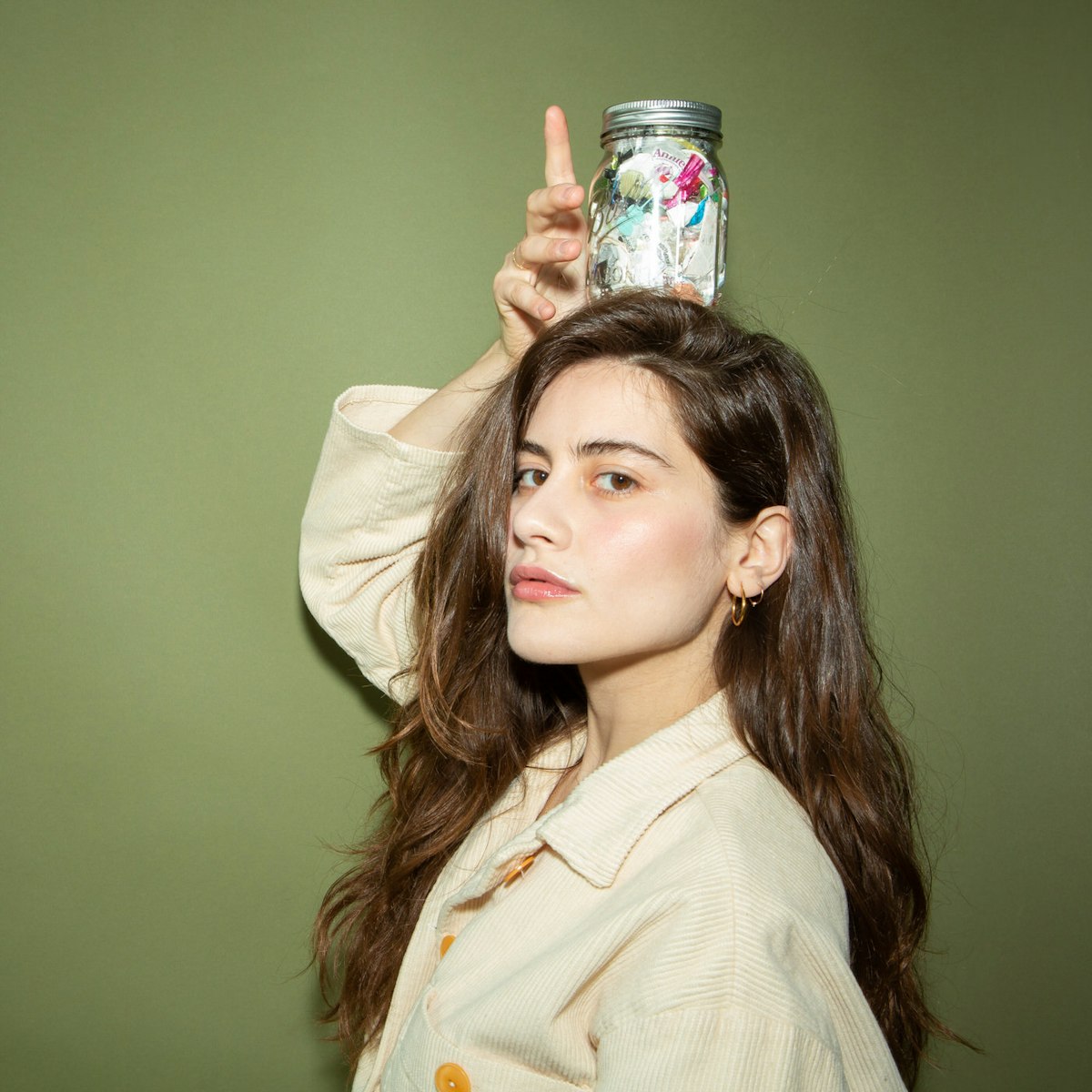As a sustainability advocate and a founder of a zero-waste e-commerce site, The Package Free Shop, Lauren Singer has certainly embraced her conviction to make the world “less trashy”. Read the interview with her below to discover insights from her journey building an environmentally mindful company.
Can you share about the Package Free Shop and your inspiration for starting it?
I have been living a zero-waste lifestyle for eight years now. The Package Free Shop was really a culmination of my lifestyle, my blog, Trash is For Tossers, and an eagerness from customers wanting to buy the products I use and make. These things led me to start my first company, Simply Co., a simple three ingredient laundry detergent powder. Through making my own products, having my own company, and being with other entrepreneurs, I realized sustainable Consumer Packaged Goods (CPG) had a real problem because most people starting sustainable CPG companies were making one or two products and trying to sell them on a website in small quantities, which made them more expensive.
It was a hard thing to watch because they are a group of really passionate people who wanted to create products that make a positive environmental impact, but it was challenging for them to find a consistent stream of customers to grow and scale their businesses.
The Package Free Shop was a way to bring all these brands together. It would empower the brands and empower the individuals wanting to free themselves from waste. I started The Package Free Shop about two years ago as a three-month pop up. It ended up doing really well, so we made it into an e-commerce site. It’s growing incredibly quickly and everyone who works here is super passionate about sustainability.
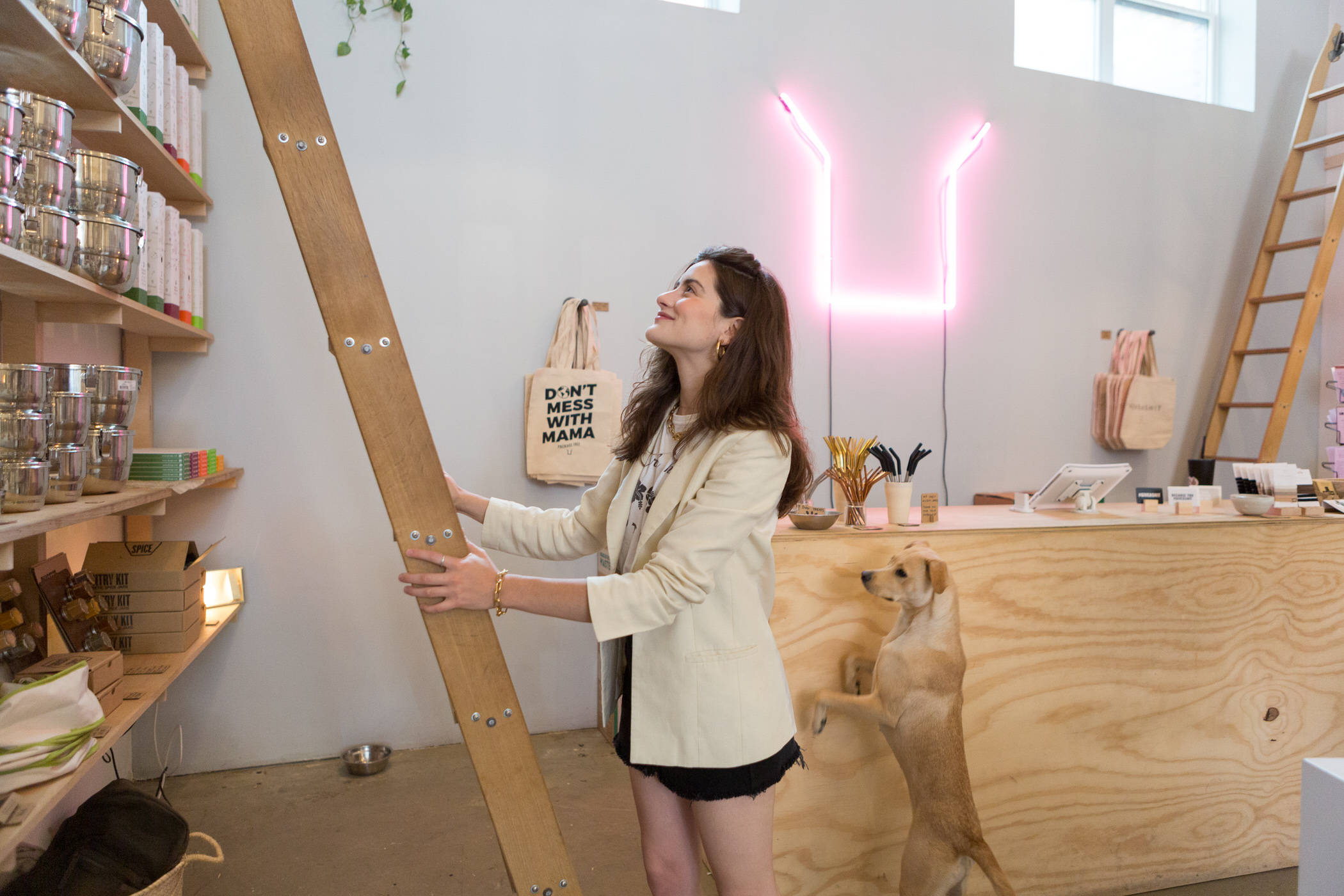
What are the first steps a company can take to shift over to more sustainable practices?
For shipping and receiving, take control before things get to you. Speak to your vendors and partners and have a contractual alignment about what is not acceptable to you. Make sure they have recycled shipping labels and use paper, not plastic. Those are some simple things you can do to have a positive impact.
In our office, we do some simple things. We don’t have garbage cans, we compost and we recycle. We have coffee in a french press, snacks in bulk, and a glass jug for water. Those are things we got set up from the beginning, and we are successful in it because we did it from the get go. When people come in on day one, we explain that it is a zero waste office and that they are going to have to do things a little differently. Change is hard for people – it’s easier to just rip off the band aid and explain that this is how we are doing things. It’s our desire for us as a company to make a difference, so we make it a priority in the office too.
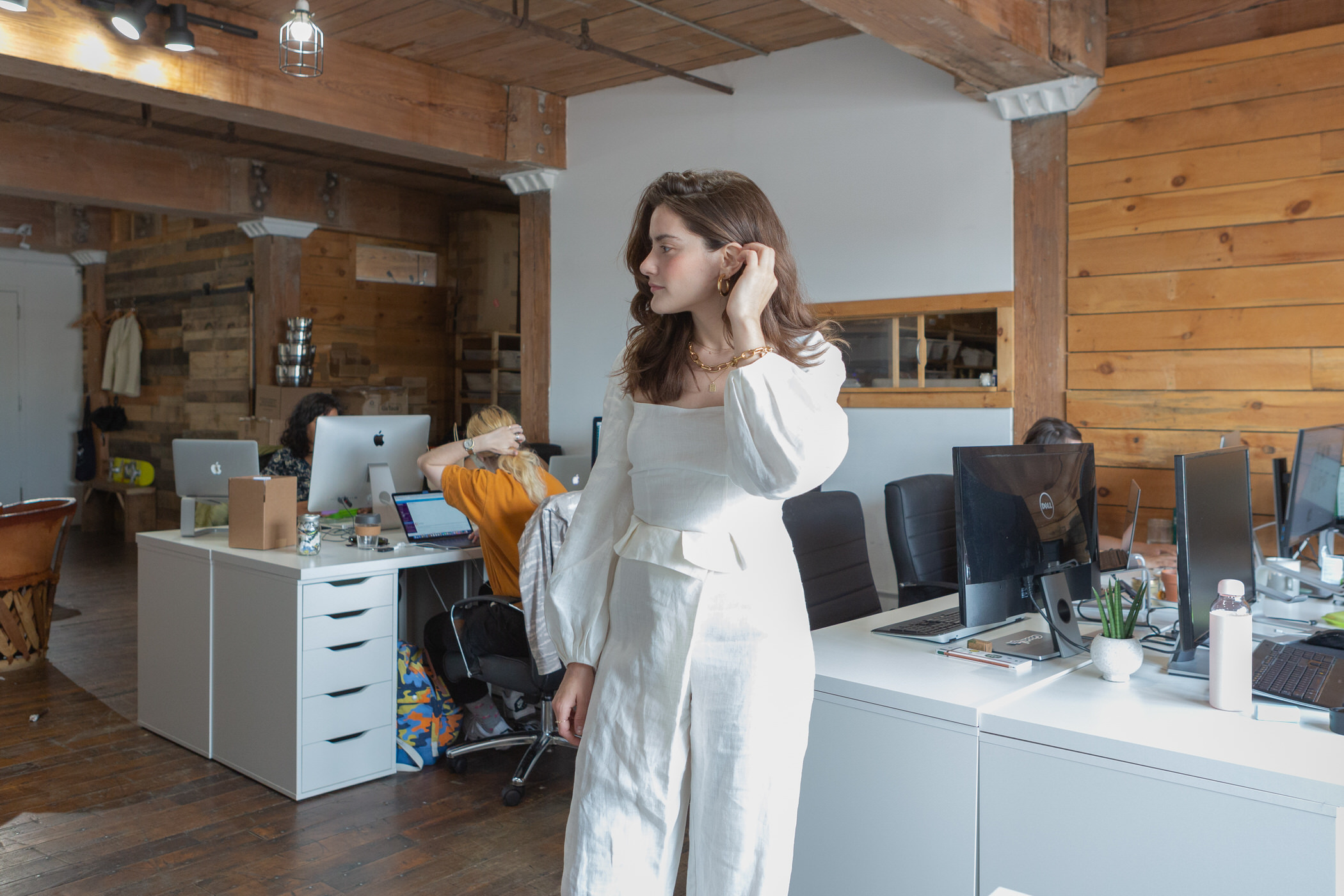
For companies looking to design and manufacture more environmentally mindful products, how do you suggest they approach this challenge?
The best question to ask is, “Does this product need to exist?” It seems like a hard question if you are an entrepreneur trying to start a company, but so much stuff is made that doesn’t need to exist.
Ask, “Is this product going to create more positive impact than negative impact?” That’s the first filter.
If the answer is yes, then ask, “What are the ingredients? What are the materials? Who will manufacture it? What are the quantities we are ordering? How do the products get shipped to the customer? What is the end of life? Is there a closed-loop system that can be implemented?” There are a million questions. I think; the simpler the product the better. The fewer pieces that go into a product, the easier it is to regulate them.
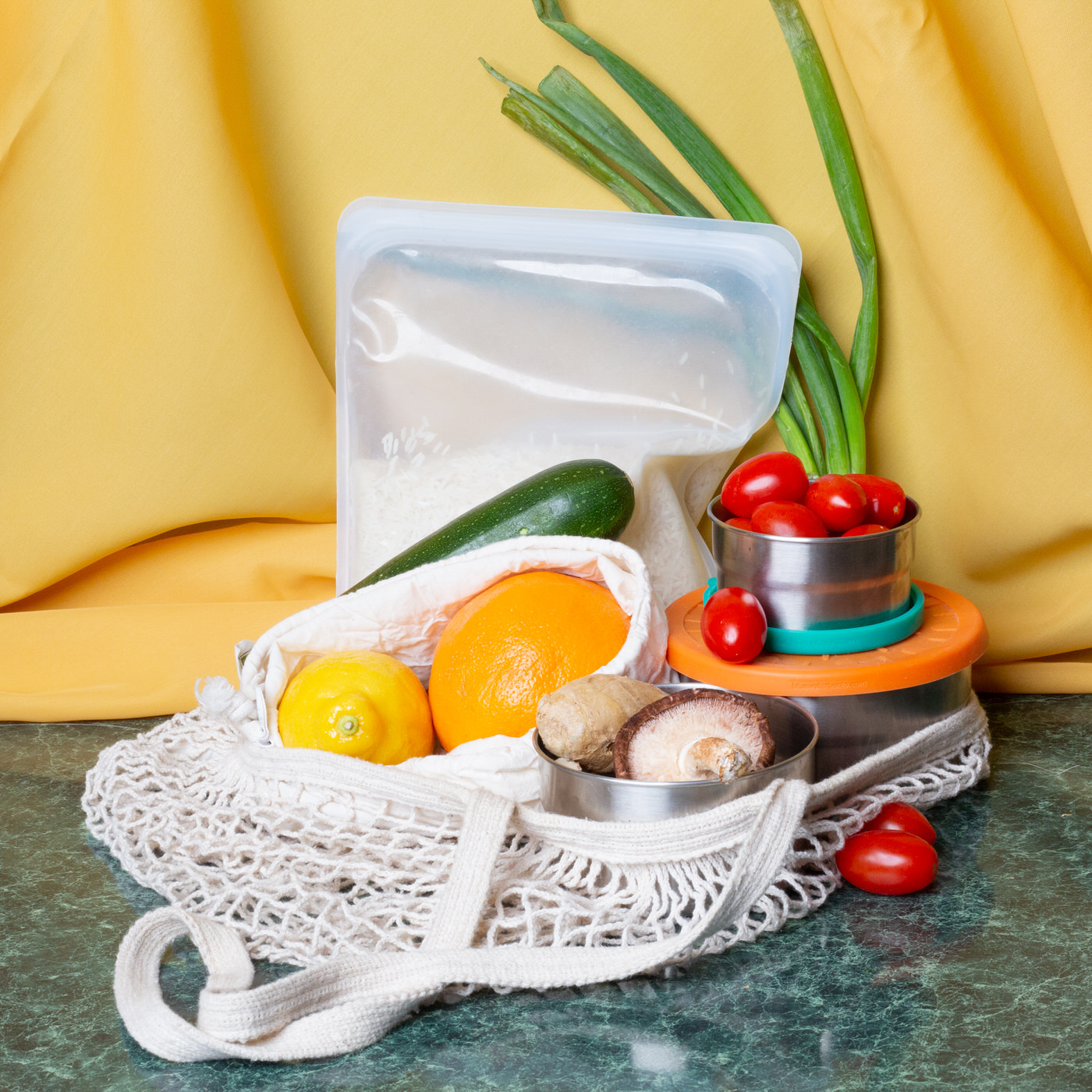
What are some other innovative zero-waste companies you’ve identified who are leading in this space?
All the brands that we sell are the best ones that we think are out there. In fashion and beauty it’s a lot harder. There is really no one in beauty that I am one hundred percent happy with. Fashion is getting there. Sustainable fashion is inherently produced in smaller quantities, which makes it expensive. It’s hard, because the way we consume clothing now isn’t aligned with sustainability. People aren’t used to buying fewer things per year that cost more money.
What has been the biggest challenge for you in launching and running the Package Free Shop?
I started Package Free when I was young with little experience and very little money. It has taken a lot of energy and effort.
I have to learn every single day and accept that I don’t know so much more than I think I know.
Something as simple as setting up benefits or payroll or hiring – there are so many things that I have to figure out. That has been the coolest, but also the most challenging, thing in this whole process. It’s astounding when I think about the amount of things I know now that I didn’t know two years ago.
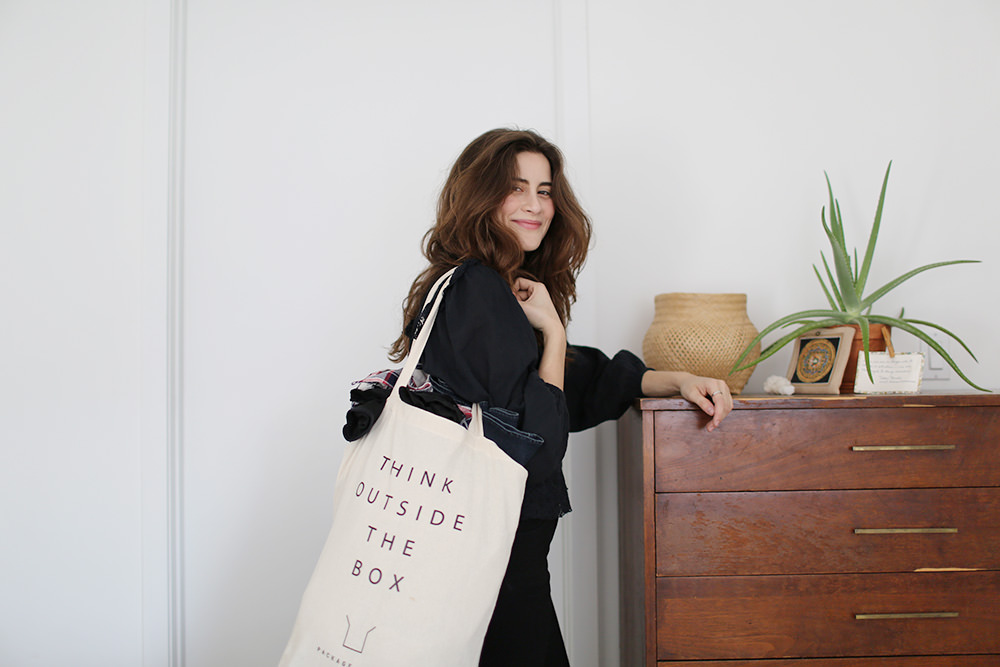
What is your vision for the Package Free Shop over the next few years?
Our goal is to become the largest aggregator and distributor of sustainable products in the world, and to make it accessible and convenient for every single person that consumes products to have access to products that are safe for our bodies and our homes. That’s our long term goal. Our mission right now is to make the world less trashy through selling products that reduce waste. Right now, sustainable products are more expensive than their plastic counterparts because of the reasons I mentioned about economies of scale. If we manufacture five hundred of something, it is so much more expensive than manufacturing five thousand of something.
If we can get to a place where we have the demand and capital to manufacture at economies of scale, we can lower the price per unit so that sustainable options really have a chance at being price competitive with unsustainable alternatives.
Even if you don’t care about sustainability, you can walk into a store and buy products that are effective from a price point perspective. That’s the goal – we want to make large-scale positive impact.
Photos courtesy of The Package Free Shop
